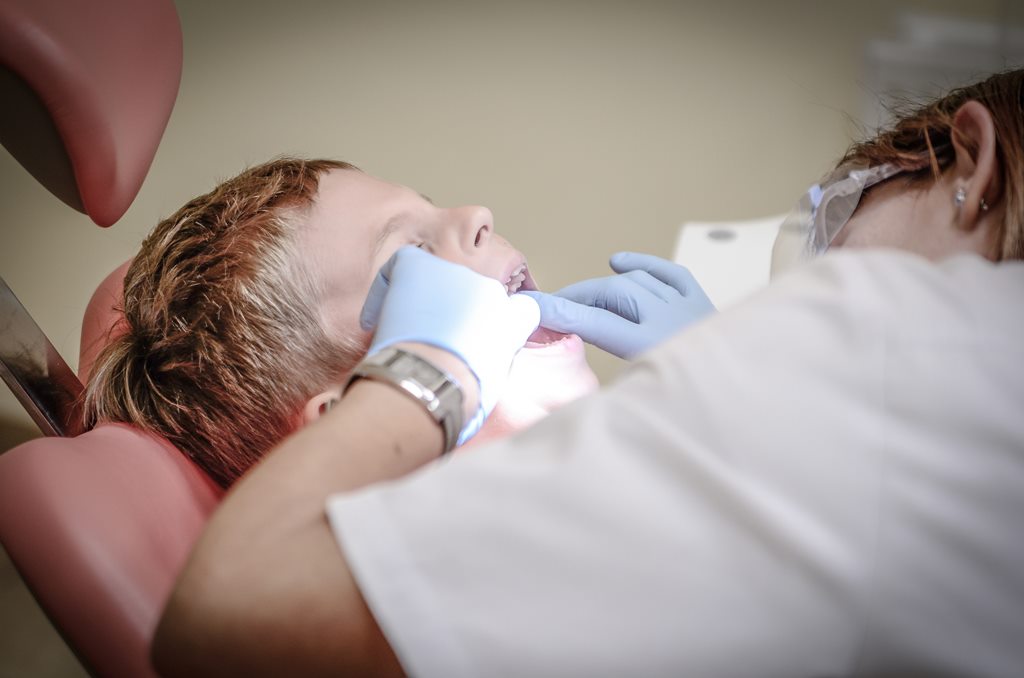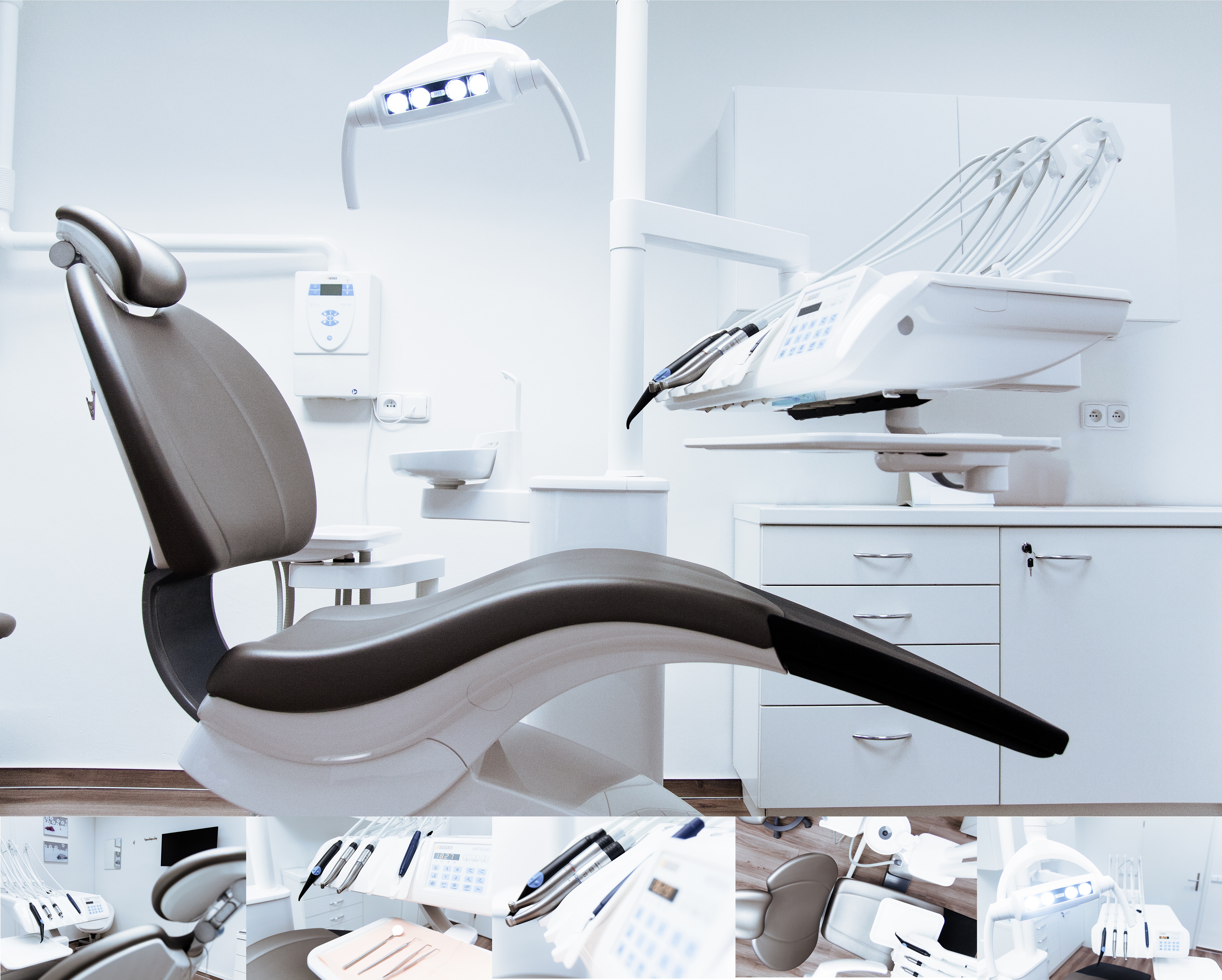Good oral hygiene isn’t just about a dazzling smile; it’s a cornerstone of overall health. A consistent oral care routine is crucial, from preventing cavities to maintaining fresh breath. Here’s a comprehensive guide to help you navigate the essential steps for optimal oral hygiene.
Brushing Technique and Frequency

The cornerstone of oral hygiene begins with brushing. Use a soft-bristled toothbrush and fluoride toothpaste. Brush gently in circular motions for at least two minutes, reaching all surfaces of your teeth – front, back, and chewing surfaces. Ensure you brush your tongue gently to remove bacteria that can cause bad breath. Aim for brushing at least twice a day, especially after meals.
Flossing Matters
Flossing often takes a backseat, but it’s essential. Flossing reaches the areas between teeth that a toothbrush can’t access. Use about 18 inches of floss, winding most of it around your middle fingers and gently guiding it between each tooth in a zigzag motion. Make sure to curve the floss against each tooth to remove plaque effectively. Aim for flossing once a day.
The Role of Mouthwash
Mouthwash is a complementary step that helps reduce plaque, freshen breath, and reach areas that brushing and flossing might miss. Choose an alcohol-free, antibacterial mouthwash and use it after brushing and flossing. Swish it around your mouth for about 30 seconds, following the instructions on the bottle.
Healthy Diet, Healthy Teeth
What you eat plays a significant role in your oral health. Limit sugary and acidic foods and beverages, which contribute to tooth decay. Instead, choose a balanced diet rich in fruits, vegetables, lean proteins, and calcium-rich foods like dairy products. Drinking plenty of water helps rinse away food particles and keeps your mouth hydrated.
Regular Dental Check-ups

Visiting your dentist regularly is crucial, even if you maintain an excellent oral hygiene routine at home. Dental check-ups every six months help catch issues early, prevent problems, and get a professional cleaning, which removes built-up plaque and tartar that brushing and flossing might miss.
Say No to Smoking
Smoking not only affects your overall health but also damages your oral health. It can cause bad breath, stained teeth, gum disease, and oral cancer. If you smoke, consider quitting. Your dentist can provide resources and support to help you quit smoking.
Protect Your Teeth
Consider using a mouth guard if you’re engaged in contact sports or grind your teeth at night. Mouth guards protect your teeth from injury or damage, preserving your oral health in the long run.
Maintaining good oral hygiene combines consistent daily habits and regular professional care. Following the above tips can ensure a healthy, radiant smile and contribute positively to your overall well-being. Start today to reap the benefits of a healthy mouth for a lifetime.… Read more





